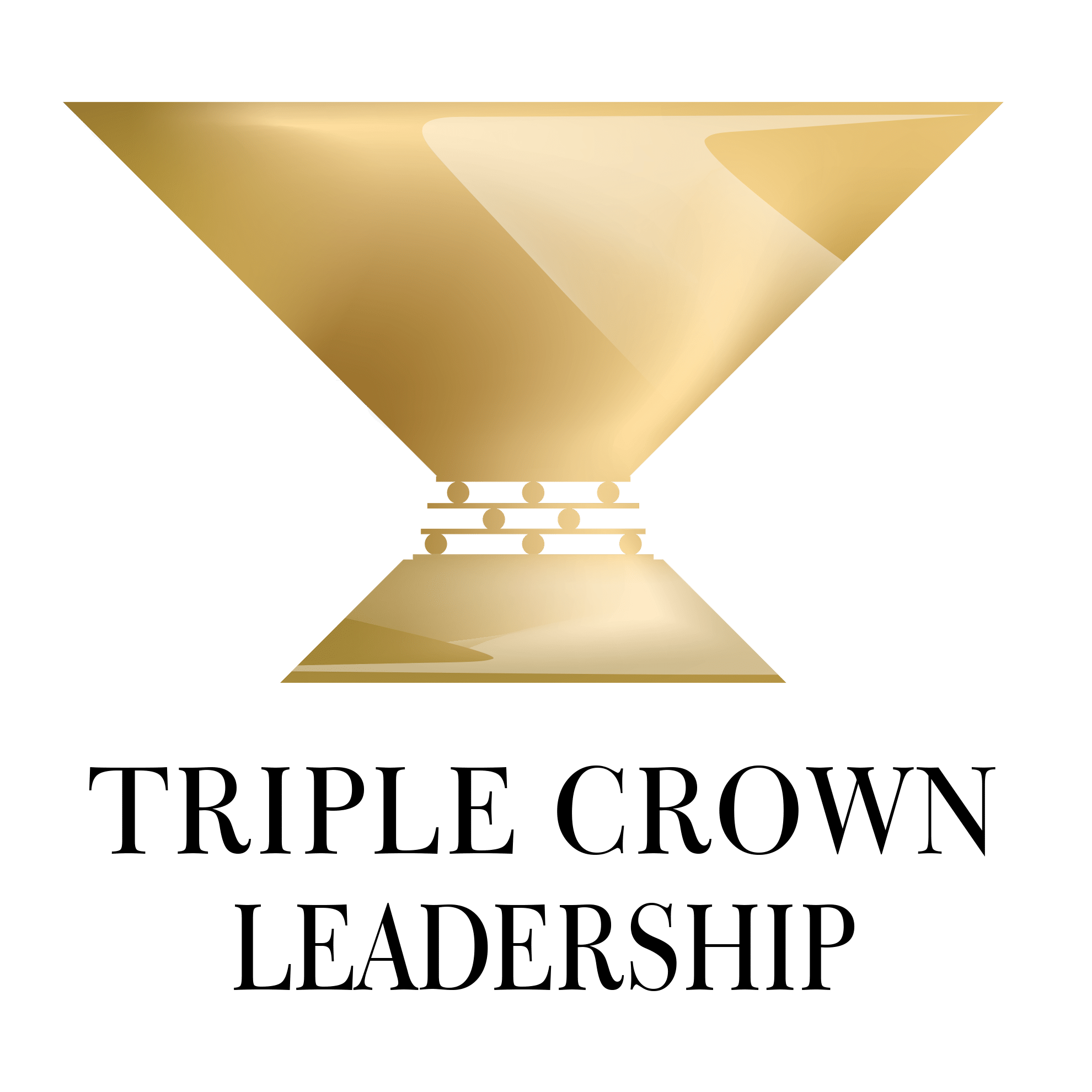“I was not sure where I was going …
But you saw further and clearer than I,
… to a place I had never dreamed of …”
-Thomas Merton
The sad reality is that most businesses fail. The quoted failure rates vary, but they are all dismal. The U.S. Bureau of Labor Statistics says, “About half of all new establishments survive five years or more and about one-third survive 10 years or more.” Many other businesses underperform pitiably.
The primary reasons most businesses fail have been summarized this way:
- Poor leadership, management, planning, location, financial or asset management, partners, or
- Lack of focus, capital, customer focus, differentiation, succession, and more
Most of these reasons can be traced back to the CEO. He or she lacked the perspectives, insights, vision, or experience to make the business viable.
How can a CEO or entrepreneur boost their odds for success? One powerful way is to use an Advisory Board.
Using an Advisory Board
Advisory Boards have been around for decades. I formed one back in the 1980s when I was President of a $250 million autonomous subsidiary of a Fortune 500 company. I wasn’t getting the strategic counsel and mentoring or coaching I needed from corporate headquarters. At a YPO University, I learned about an Advisory Board. I formed one, and it was a godsend for me and the organization.
An Advisory Board is not the same as the Governing Board of a public or private company. It’s not obligated with legally defined fiduciary duties, nor must they comply with an ever-growing and onerous list of governmental regulations.
An Advisory Board is a small group, perhaps even just two or three seasoned executives, whom the CEO has carefully vetted and whom he trusts. In the best cases, they sign important documents such as an Independent Contractor Agreement (making them responsible for their own benefits), a Confidentiality and Non-Disclosure Agreement, and a Non-Competition Agreement (so they can’t work for your competitors). It’s also wise to jointly craft their responsibilities and boundaries in a written Advisory Board Agreement.
If you wish, and I heartily encourage it, Advisory Board members may become deeply engaged in learning your business over time through you and occasional trips to facilities and even your customers. But they do not intercede in operational decisions. All their counsel goes through you, the CEO.
An Advisory Board doesn’t have to worry about board committees like Audit, Finance, Compensation, or Governance. They are trusted sounding boards for the CEO. Subjects vary from strategy to growth plans, product/service differentiation, cost reduction, signs of trouble brewing, innovation, supply chain management, succession, mergers and acquisitions, company culture, and even exit strategy. They focus on what is deeply troubling you and bring their wealth of experience for your benefit.
Over a period of time as your experience grows with your Advisory Board, they may get a periodic flow of regularly reported information to keep them current, for example: summary financial reports, key operational reports, newsletters, press releases, important internal memos, market trends, and competitive reports, etc. They are the trusted counselors to the CEO, and they are sometimes paid for their service. A good, engaged, and informed Advisory Board is worth multiples of what they are paid.
Choosing the Advisory Board
Choosing an Advisory Board is critical. You will take issues to them you may not feel comfortable taking to others. They will be a safe harbor to listen to you and offer the counsel that their decades of deep experience have earned based on a relationship of mutual respect and trust. They must be financially independent. If they need your money, they may not be able to “speak truth to power.”
Advisory Board members are independent. They are not your employees, your lawyer or CPA, vendors, contractors, or family members. A good Advisory Board member is humble, not someone who says it’s “my way of the highway.” They will have deep business experience in general, or experience in a functional area you lack (e.g., finance), or be knowledgeable of your industry. An ideal combination of three Advisory Board members would be one each in those three categories: a generalist, the functional expert you need, and an industry expert.
After determining the overarching issues that you will be facing in the next few years (e.g., growth, new technologies, strategies for new competitors, etc.), you will know better the kinds of expertise you need and how much time it will realistically take from your Advisory Board to be effective.
Some Advisory Board members are buddies of the CEO and only respond to occasional requests for input. That level of involvement may not be what the CEO really needs and makes it more like “Advisory Board Theater,” more show than substance. A deep level of engagement and commitment takes more time, sometimes a day (or two or three) per month depending on the issues at hand. For such deeper commitment, compensation is appropriate.
How to Start
The best way to start an Advisory Board is to identify at least one great candidate. If you start with a great one, that person can help you find others, which may take time (e.g., months to a year or more). It’s better to go slow and get the right people. I recommend no more than three unless someone extraordinary comes along, and you may be fine with two. But three is best in my opinion, and one is not enough.
When you’ve made your first selection, discuss how much time this role will take. To be truly effective, it’s not just flying in for a once/quarter day with you. They can’t know you or your business well enough with that amount of time. The time involved might be a couple of days of initial orientation to your business. Then a regular flow of contextual information to them, as described above. Certainly, there will be occasional phone calls to discuss particular issues where you’d like another opinion. There might be monthly or bi-monthly meetings where confidential business can be discussed.
It’s not inexpensive to recruit a great Advisory Board, but if your chances of staying in business go up, or if your chances for a more profitable new strategy go up, then this investment is worthwhile.
-Bob Vanourek

Leadership Derailers Assessment
Take this assessment to identify what’s inhibiting your leadership effectiveness. It will help you develop self-awareness and identify ways to improve your leadership.
Practical Applications:
- What major issues are you facing in the next few years?
- Do you truly have the skill set in and around you to effectively address those issues?
- Do you have the financial capability to invest in a truly great Advisory board?
- Then, what are you waiting for?
++++++++++++++++++++++++++++++++
Bob Vanourek and Gregg Vanourek are leadership practitioners, teachers, trainers, and award-winning authors. They are co-authors of Triple Crown Leadership: Building Excellent, Ethical, and Enduring Organizations, a winner of the International Book Awards, and called “the best book on leadership since Good to Great.” Check out their Leadership Derailers Assessment or sign up for their newsletter. If you found value in this, please forward it to a friend. Every little bit helps!


